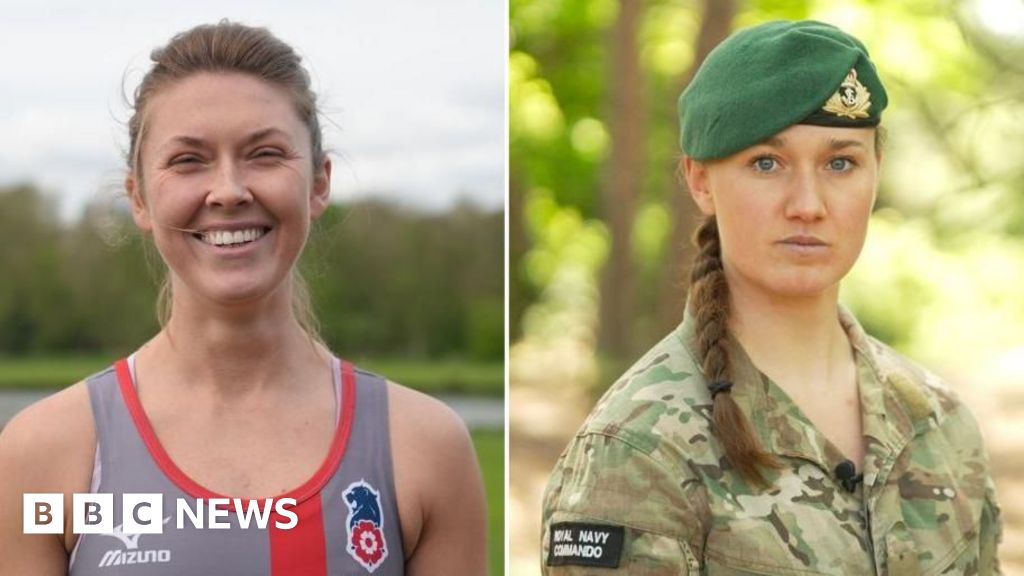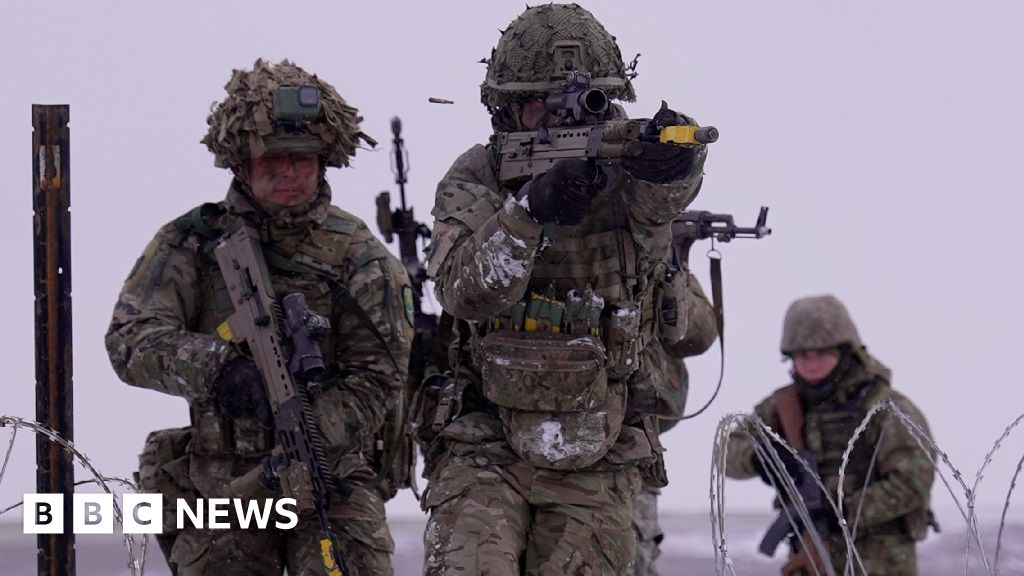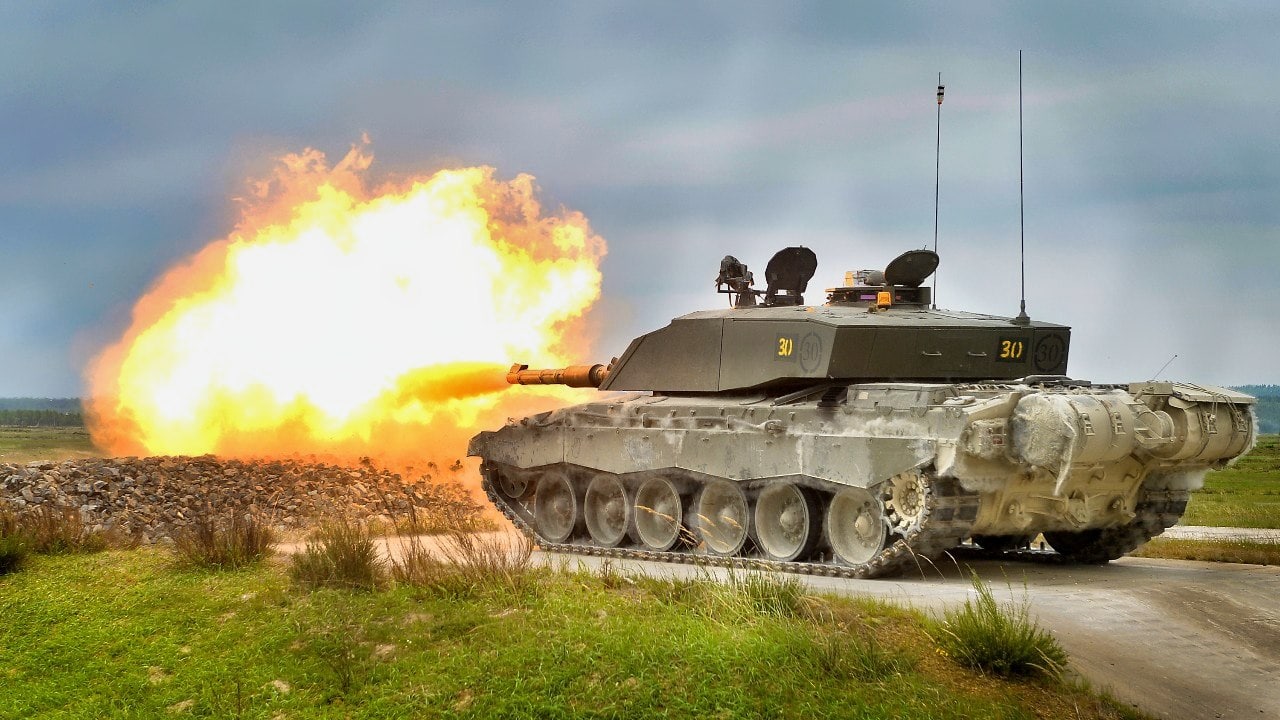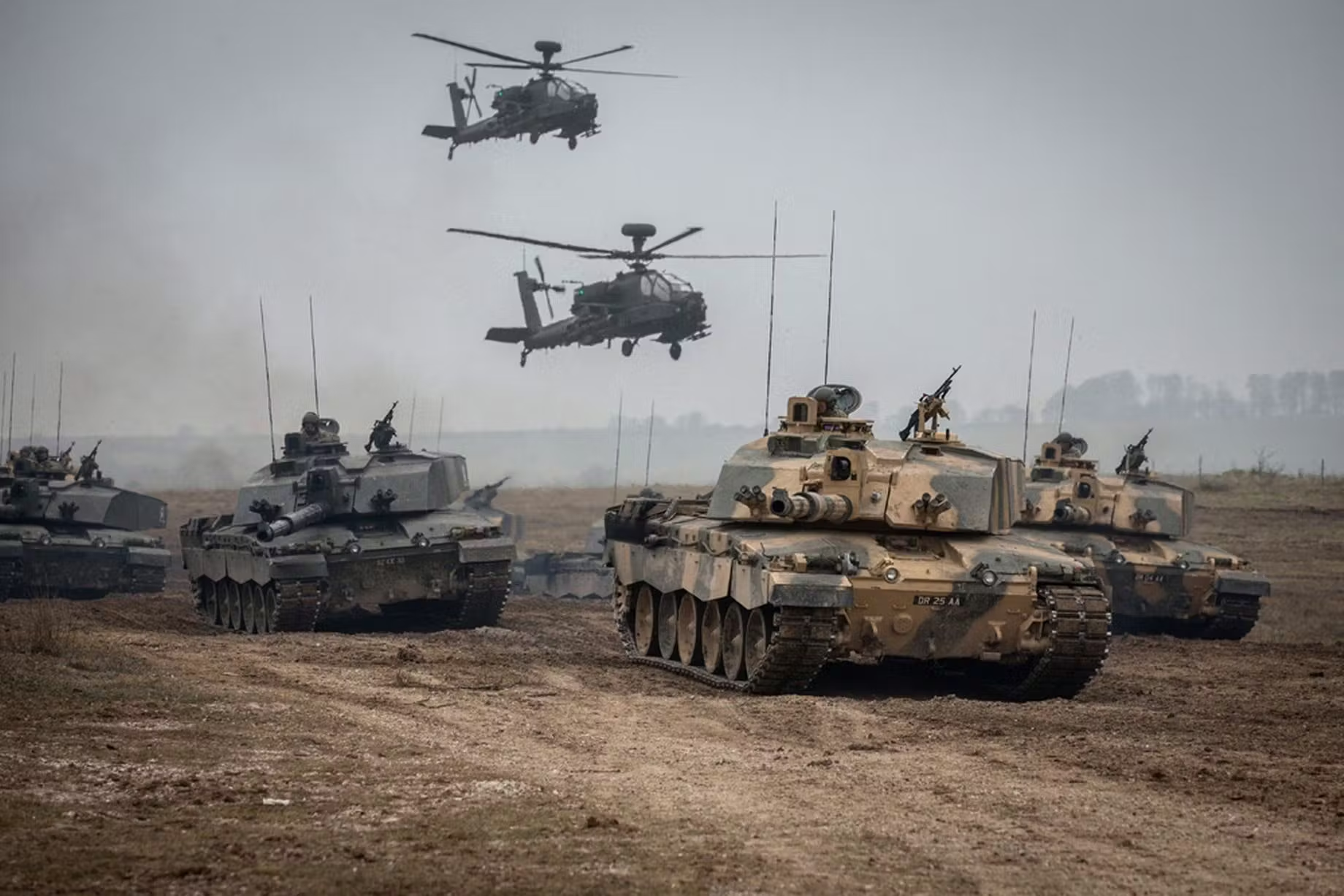Vengeful... what a POS computer system that was... maybe it was revealing that 'secret' that got him in trouble

Tony Geraghty obituary: former journalist and paratrooper
‘Battle-hardened old fossil’ who faced prison and had his house ransacked by the authorities after he published The Irish War
At 6.50am on December 3, 1998, six Ministry of Defence police detectives burst into Tony Geraghty’s 17th-century cottage in the rustic village of Hope under Dinmore near Leominster, Herefordshire. They arrested Geraghty, a bestselling military writer, and spent the next seven hours searching his home, right down to the dirty linen basket.
They took away his computer, files and diary, then interrogated him for five hours at Leominster police station (to which he had to direct them). He was grilled again the following month, and that May he became the first writer to be charged with breaching section 5 of the Official Secrets Act 1989. He pleaded not guilty at Bow Street magistrates’ court in London.
His alleged offence was that he had jeopardised national security by writing about the colourfully codenamed computer systems — Crucible, Vengeful and Glutton — with which the British army conducted surveillance of the largely innocent population of Northern Ireland in a book entitled
The Irish War, which had been published three months earlier.
For a year Geraghty faced the very real prospect of an Old Bailey trial, potentially resulting in his conviction and imprisonment. Fearing his home had been bugged, he and his wife took to discussing sensitive issues on walks, or in their bathroom with the taps running. They had confidential letters sent to friends’ addresses. His credit card account was accessed. His publisher, HarperCollins, was threatened with prosecution.
Then, in December 1999, the charges against Geraghty were abruptly dropped by Lord Williams, Tony Blair’s newly appointed attorney-general. No explanation was given, but Williams clearly believed that there was little chance of him being convicted. By then it had become obvious that he had revealed nothing that was not already in the public domain, and that he had merely embarrassed the army and government — not compromised their operations.
The Irish War had not even been removed from bookshops.
A week before Williams’s decision, The New York Times had published an article on the case which began: “In a book on a long-running civil conflict, the author briefly describes how his government uses surveillance systems to trace suspected enemies of the state. He is arrested, charged with a serious crime, his house ransacked and papers seized. Did this happen, or perhaps in Lee Kuan Yew’s Singapore? No, it happened in Tony Blair’s Britain. It is an astonishing story, and it discloses a dirty little secret. The Blair government has authoritarian instincts.”
Geraghty was no innocent abroad. He was a former paratrooper and defence correspondent for The Sunday Times. He had been commended for his services in the first Gulf War and had been arrested twice before. He was, in his own words, a “battle-hardened old fossil” but he was still shocked by the authorities’ attempt to “censor” him. “It is a physical and psychological experience that leaves the victim feeling that he has contracted a political version of Aids, a sense that his privacy was illusory; an awareness that nothing committed to paper or computer or spoken within earshot of a microphone … is safe,” he wrote at the time. “The surveillance apparatus of the state marks home and hearth with an odour of fascism that no amount of liberal discussion can deodorise or exorcise.”
Anthony Joseph Vincent Geraghty was born in Liverpool in 1932. His mother, Margaret, was a waitress, his father, Anthony, a coal miner and former fairground boxer who had fought in the First World War. Both were of Irish Catholic descent but unmarried at the time of his birth. A lifetime later, Geraghty gave his (unpublished) autobiography the title
Lucky Bastard
He spent the Second World War with his parents in a basement flat in Pimlico, sheltering under a table during German bombing raids and collecting pieces of shrapnel. His parents once had to extract him from the rubble of a building destroyed by a flying bomb. His fine treble singing voice won him a place at the prestigious Brompton Oratory school, but he left at 16 to find work. He learnt shorthand and typing at the Tooting College of Technology with a view, perhaps, to later becoming a journalist.
In his late teens he began National Service with the Royal Green Jackets and enjoyed military life so much that he transferred to the Parachute Regiment. While serving near the Suez Canal in Egypt he published a newsletter for his company. After five years he left with the rank of sergeant to start his journalistic career.
His first paper was the Sleaford Gazette in Lincolnshire, where he met his first wife, Mary Roden, a teacher with whom he had two daughters: Pat, who became a social worker, and Wendy, who became a consultant clinical psychologist. He moved on to the Birmingham Post, worked briefly for The Guardian and The Daily Telegraph, then joined The Sunday Times in the late 1960s. There he rose to become chief reporter and later defence correspondent.
In 1968 he was briefly arrested while covering the Biafran War in Nigeria. Two years later he was arrested again, and locked up for a night, for defying a curfew on Belfast’s nationalist Falls Road while covering the start of the Troubles. He secured an early scoop by revealing that the army had negotiated a secret agreement with Belfast republicans to dismantle their barricades in return for certain assurances on policing. Between riots, he met his second wife, Gill Linscott, who was covering the Troubles for the Birmingham Post.
For a year between 1978 and 1979 The Times and The Sunday Times ceased publication during a showdown between the management and unions, and that proved a turning point in Geraghty’s professional life. He knew several veterans of the then little-known Special Air Service (SAS), not least through his hobby of sports parachuting (he did more than 500 jumps in all, and was only the second civilian after
Blue Peter’s John Noakes to do a “Halo” jump — free-falling from 20,000ft before opening his parachute at very low altitude).
With their help, he wrote a history of the SAS called
Who Dares Wins. It was published, fortuitously, just before the daring 1980 operation in which the SAS stormed the Iranian embassy to rescue 20 hostages, and proved a bestseller. He left The Sunday Times the following year to become a full-time author. He published a study of the French Foreign Legion in 1986, and a book on close protection bodyguards (
The Bullet Catchers) in 1988, before an unexpected diversion occurred during the First Gulf War of 1990-91. As a member of the RAF reserve, he was dispatched to Saudi Arabia as part of a public relations team and was subsequently awarded a Certificate of Excellence by the US military.
It did not stop the Blair government from seeking to prosecute him over
The Irish War eight years later. Undeterred by the experience, he went on to write three more books on mercenaries, freelance soldiering and artists and writers who died in the First World War.
Late in life, Geraghty continued to make news of sorts. In 2022 the Hereford Times reported that the 90-year-old former paratrooper was still doing trampolining classes at a Hereford leisure centre twice a week. He was photographed doing back somersaults in a harness.
Anthony Joseph Vincent Geraghty, journalist and military author, was born on January 13, 1932. He died in Hereford on December 27, 2024, aged 92
Tony Geraghty obituary: former journalist and paratrooper












